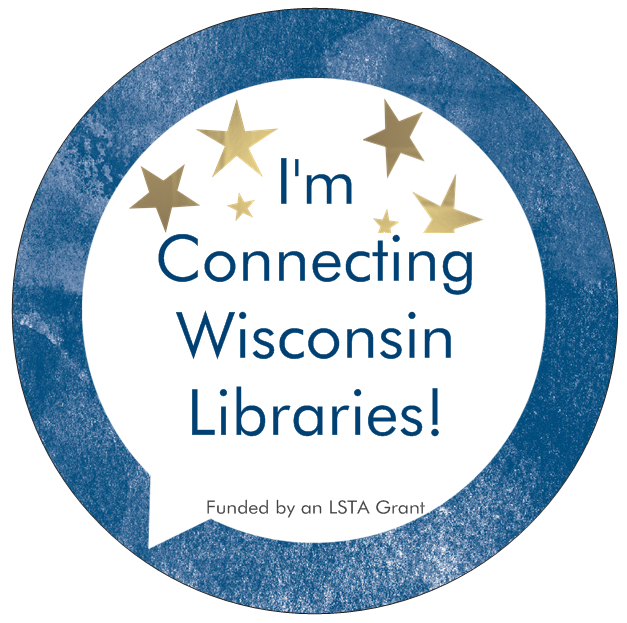April is School Library Month, with National Library Week set for April 19-25
In a guest editorial, State Superintendent Carolyn Stanford Taylor highlights the importance of Wisconsin libraries, and the resources offered during the current public health emergency. April is School Library Month, with National Library Week set for April 19-25.
The recent public health emergency has demonstrated Wisconsin’s strength and ability to work together to provide essential resources during a time of crisis.
From utilizing digital learning in unique ways, to going to great lengths to ensure students have access to meals and proper nutrition, I am so proud of the community efforts I have seen to provide continuity of learning.
Among our state’s valuable resources are our school and public libraries. Wisconsin libraries are the cornerstone of our communities, and represent an essential place for learning, providing access and opportunities. Libraries supply equitable and inclusive services, leveling the playing field for everyone.
April is School Library Month, with National Library Week set for April 19-25. This month represents a time for us to celebrate libraries of all kinds and the incredible staff who devote their days to transforming learning. Library staff do so even during times of crisis, like the one we find ourselves in.
Though the current situation has forced Wisconsin libraries to temporarily close physical locations, libraries remain steadfast providers of continuity of learning with online resources and programming.
I have been impressed to see technology leveraged connecting library staff with students and families via virtual activities. School librarians have worked tirelessly to ensure educators can effectively utilize online strategies to enhance learning. Wi-Fi connections remain on at our schools and public libraries for families to access the internet whenever and wherever possible.
Through the Wisconsin Department of Public Instruction’s BadgerLink, Wisconsinites can access materials online at any time with just a library card or school barcode. Resources available through the online library include encyclopedia articles, lesson plans for educators, skill-building programs, health guides, exam prep materials, and much more.
Although we may be unable to celebrate libraries and librarians this month in face-to-face events, I encourage you to take advantage of Wisconsin library resources and opportunities to continue education. Your local libraries are standing at the ready to support you.
Remember, these unprecedented times are temporary. Not before long, our schools, libraries and communities will be healthy and thriving.
__
The full editorial is available here: https://dpi.wi.gov/news/releases/2020/during-trying-times-wisconsin-s-libraries-continue-providing
In addition, the Library Team is collecting stories about how libraries are responding to COVID-19 that makes us all #wisconsinstrong. DPI will plan to share these stories on our various communications channels as appropriate. Please include any relevant links or media if applicable using this online form.
Please direct any comments or questions about this news item to DPI Media Inquiries, (608) 266-3559, media.inquiries@dpi.wi.gov. These channels are monitored every business day.
Posted by:
Tessa Michaelson Schmidt
Public Library Development
